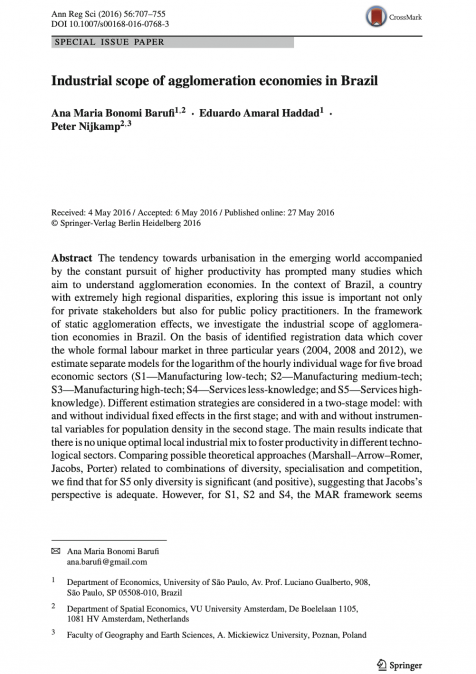Publications /
Policy Brief
This paper (see pages: 152-164), included in the report 'The Reckoning Regression or Renaissance?' was originally published on orfonline.org
Calls for reforms of the International Financial Architecture (IFA) are foregrounded by the growing financing needs of developing countries, driven by mounting climate-related challenges; conflict and violence; rising numbers of internally displaced persons (IDPs); and macroeconomic imbalances, including crippling debt service and debt distress. Debates on IFA reforms have particularly centred on International Financial Institutions (IFIs), including the two Bretton Woods Institutions (BWIs)—the International Monetary Fund (IMF) and the World Bank Group (WBG)—as well as other Multilateral Development Banks (MDBs).1 There are proposals to expand the financial firepower and lending capacity of these institutions through a combination of financial engineering, aimed at optimising MDB balance sheets, and increased capital commitments from developed nations. However, in the current global political landscape, these efforts face massive obstacles. Geopolitical competition may divert resources away from international cooperation, as advanced economies prioritise military spending and investments in infrastructure, manufacturing, and research, development, and innovation (RD&I) in biomedical, digital, and green technologies. Great-power rivalries could weaken multilateral institutions and governance mechanisms by reducing the willingness to compromise and negotiate. This essay argues that IFI resources are unlikely to increase remarkably in the short to medium term, even as the financial needs of developing countries continue to grow. Developing nations must therefore mobilise alternative resources beyond traditional official development assistance (ODA), including international private capital and domestic savings. In this context, IFIs play an increasingly vital role. Over the years, they have accumulated unparalleled knowledge of the policy environments and institutional frameworks necessary for success. This expertise, derived from deep and practical experience across diverse economies, offers developing countries valuable, impartial insights. Developing nations can leverage this expertise to strengthen domestic capabilities, frameworks, institutions, policies, and projects that attract international private investment, enhance the effectiveness of public spending, and mobilise…







